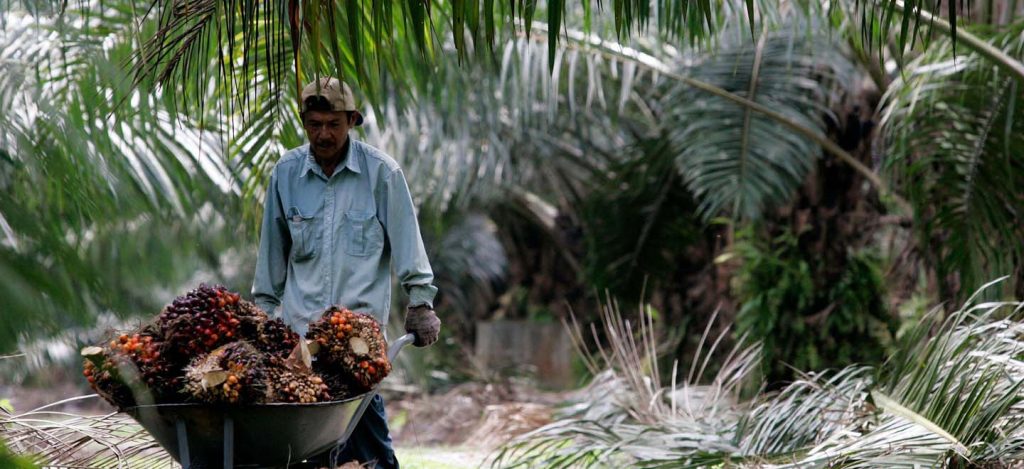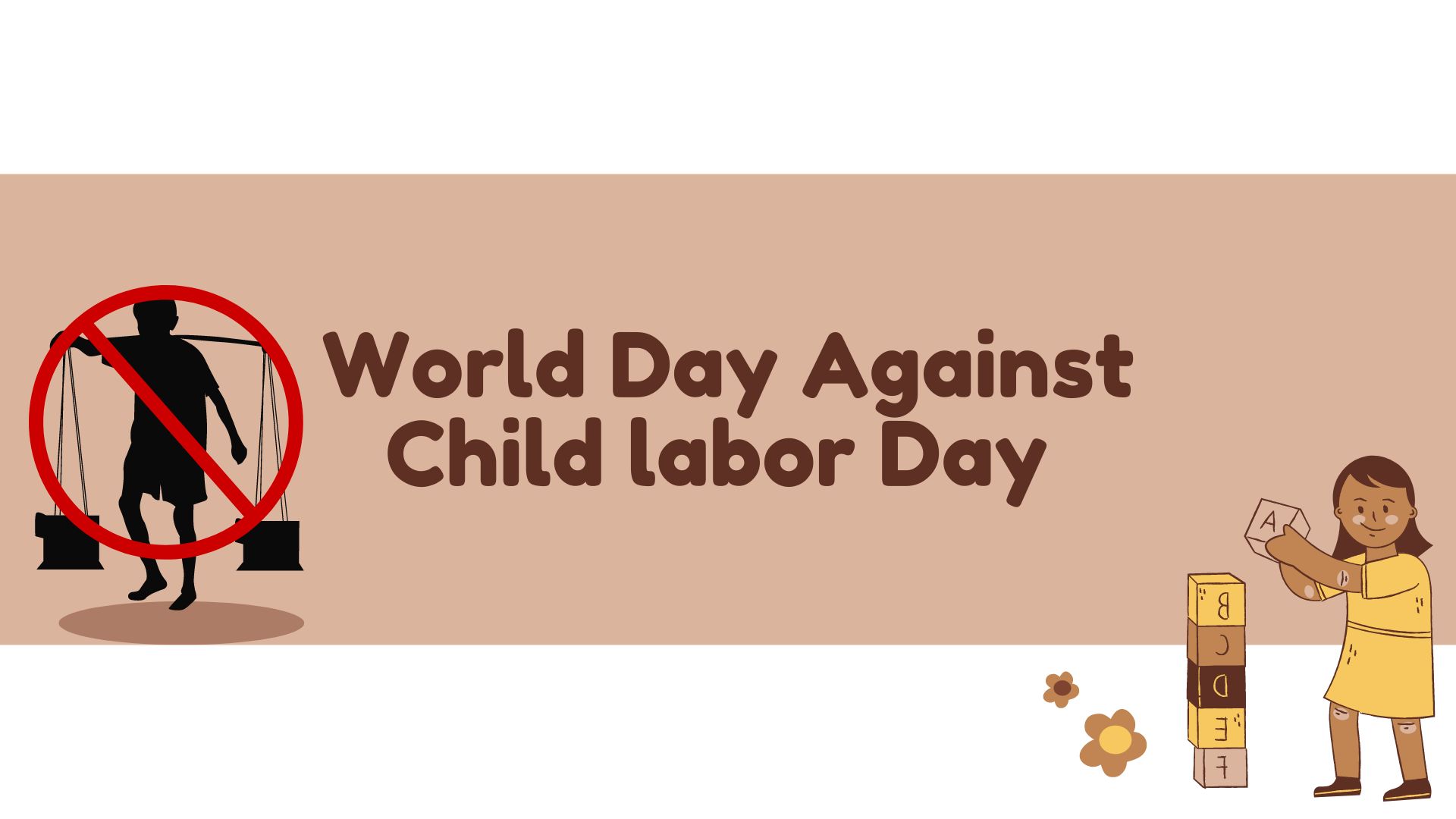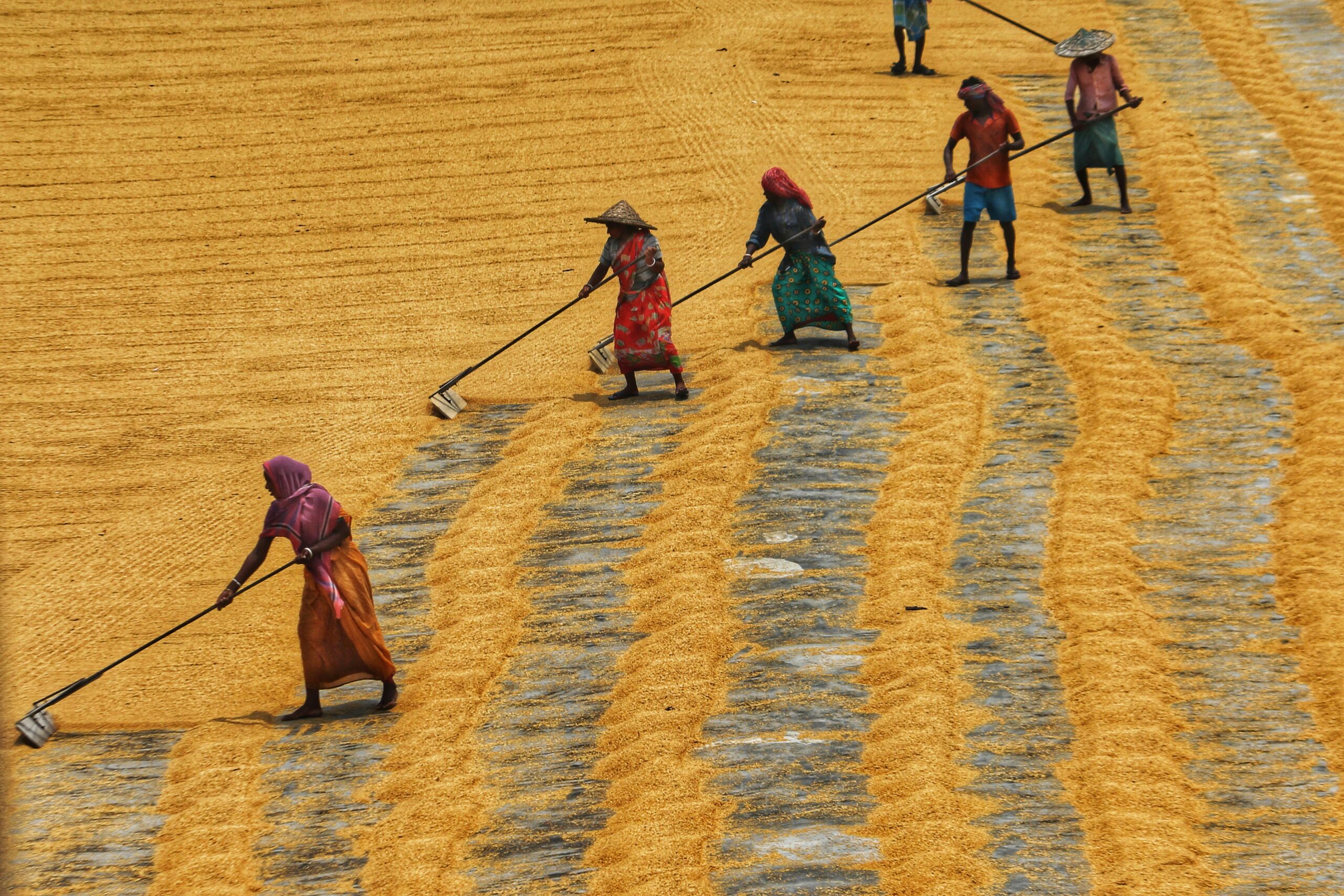
Tania Kahlon
Marketing and Communications Officer, CRB
The list of daily consumables for many of us includes items like biscuits, chips, chocolates, soap, toothpaste, shampoo, etc. All of these items use one common ingredient—palm oil or its derivatives or its fractions. Palm oil is well established as an essential and ubiquitous ingredient in many FMCG products, personal care items, cosmetics, etc. Palm oil is a versatile oil which is resistant to oxidation, thereby allowing products that contain it to have a longer shelf life. It has become a vital ingredient as a cooking oil, specifically in Asian and African countries. This, in turn, has raised questions pertaining to the methods by which this commodity is sourced and eventually traded and consumed.
Being an extremely efficient crop, oil palm produces more oil per land area than any other equivalent vegetable oil crop[1]. However, in several countries, there have been concerns about unsustainable practises in the cultivation of palm oil, especially in countries such as Indonesia and Malaysia where the production is high. There are concerns that conventional practises of production may lead to irreversible damage of the ecosystem and biodiversity in these countries and beyond. In addition to this, deforestation in these biodiverse forests contributes towards accelerating the emission of greenhouse gases into the atmosphere. There is a need for sustainable production practises to be incorporated.
Various stakeholders such as consumers, governments and companies have a key role to play in the sustainable production of palm oil. Consumers must demand that companies use products that utilise sustainably produced palm oil. Companies must be encouraged to adopt the no deforestation, no peat, no exploitation (NDPE) policies and commitments through certified sustainable palm oil by becoming members of the Roundtable on Sustainable Palm Oil (RSPO), which manages the largest, voluntary global standards for sustainable production and consumption of palm oil. RSPO unites stakeholders from across the palm oil industry in order to make sustainable palm oil the norm around the world. It works towards protecting the environment and local communities that depend on palm oil for their livelihoods[2]. Organisations may also be encouraged to join the Sustainable Palm Oil Coalition for India (I-SPOC) that provides a national platform to promote consumption and trade of sustainable palm oil and its derivatives and fractions in India across the supply chain, through industry collaborations. Lastly, consumers may also refer to scorecards and resources such as WWF’s Palm Oil Buyers Scorecard, the Sustainable Palm Oil Transparency Toolkit or SPOTT and The Better India’s #KnowYourPalm initiative, which provides an overview of brands and companies that are committed to using sustainably-produced palm oil.













































































































